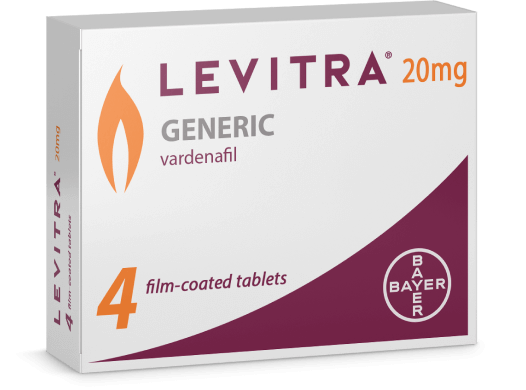
Tretinoin Gel: A Comprehensive Overview
Tretinoin Gel, widely known for its effectiveness in treating acne and improving skin texture, is a derivative of Vitamin A. It has gained significant popularity among those seeking clearer, healthier skin. In addition to acne treatment, Tretinoin Gel tretinoin krema has been noted for its anti-aging properties, making it a favorite in dermatology. This article explores the benefits, application guidelines, potential side effects, and additional factors to consider when using Tretinoin Gel.
What Is Tretinoin Gel?
Tretinoin, also known as all-trans retinoic acid, is a form of retinoid that is applied topically. It is commonly used to treat acne, reduce fine lines and wrinkles, and improve overall skin texture. By promoting cellular turnover, Tretinoin Gel helps to prevent the clogging of pores, thereby reducing the formation of acne. Furthermore, it enhances collagen production, leading to improved skin elasticity and reduced signs of aging.
Benefits of Tretinoin Gel
- Effective Treatment for Acne: Tretinoin Gel has been clinically proven to decrease the severity and frequency of acne breakouts.
- Reduces Fine Lines and Wrinkles: Regular use of Tretinoin can diminish the appearance of fine lines and wrinkles, promoting a youthful complexion.
- Improves Skin Texture: The retinoid aids in removing dead skin cells, revealing fresh skin underneath and enhancing overall skin texture.
- Fades Hyperpigmentation: Tretinoin is effective in treating skin discoloration, such as sun spots, age spots, and melasma.
- Minimizes Scarring: It can also help in reducing the appearance of scars, especially those caused by acne.
How to Use Tretinoin Gel
To achieve the best results with Tretinoin Gel, follow these steps:
- Cleanse Your Face: Start with a gentle cleanser to remove any makeup, dirt, or oil from the skin.
- Wait for Your Skin to Dry: Make sure your skin is completely dry before applying the gel, as applying it on damp skin can increase irritation.
- Apply a Pea-sized Amount: Use your fingertip to apply Tretinoin Gel evenly to the affected areas, avoiding the sensitive areas around your eyes and mouth.
- Use at Night: Tretinoin is best used in the evening as it can make your skin more sensitive to sunlight.
- Moisturize: After the gel has been absorbed, apply a moisturizer to help reduce dryness and irritation.
Side Effects of Tretinoin Gel
While Tretinoin Gel is generally well-tolerated, some users may experience side effects, particularly during the initial stages of treatment. Common side effects include:

- Redness and irritation
- Dryness and peeling
- Burning sensation
- Increased sensitivity to sunlight
These side effects usually decrease over time as your skin adjusts to the treatment. If side effects persist or worsen, it is essential to consult a healthcare professional.
Who Should Use Tretinoin Gel?
Tretinoin Gel is suitable for a wide range of individuals, but it is particularly effective for those struggling with:
- Moderate to severe acne
- Signs of aging, including fine lines and wrinkles
- Uneven skin tone and texture
- Hyperpigmentation
However, pregnant or breastfeeding women and those with certain skin conditions should avoid using Tretinoin. Always consult with a dermatologist before starting any new skincare treatment.
Additional Tips for Using Tretinoin Gel
To maximize the effectiveness of Tretinoin Gel, consider the following tips:
- Start Slowly: If you are new to Tretinoin, begin by applying it every other night, gradually increasing to nightly use as your skin adapts.
- Use Sunscreen: Daily sunscreen is crucial while using Tretinoin, as it increases your skin’s sensitivity to UV rays.
- Avoid Harsh Products: Steer clear of other potent skincare products, such as those containing alcohol, benzoyl peroxide, or alpha hydroxy acids, as they can exacerbate irritation.
- Patience is Key: Results may take several weeks to become noticeable. Consistent use is essential for achieving desired outcomes.
Conclusion
Tretinoin Gel is an invaluable tool in the quest for clearer, more youthful-looking skin. With its multitude of benefits, from treating acne to reducing the appearance of fine lines, it has solidified its place in skincare regimens worldwide. However, it’s vital to approach its use with care, respecting your skin’s needs and adjusting your routine accordingly. If you’re considering adding Tretinoin Gel to your skincare regime, consulting with a dermatologist for personalized advice can help achieve the best results.

